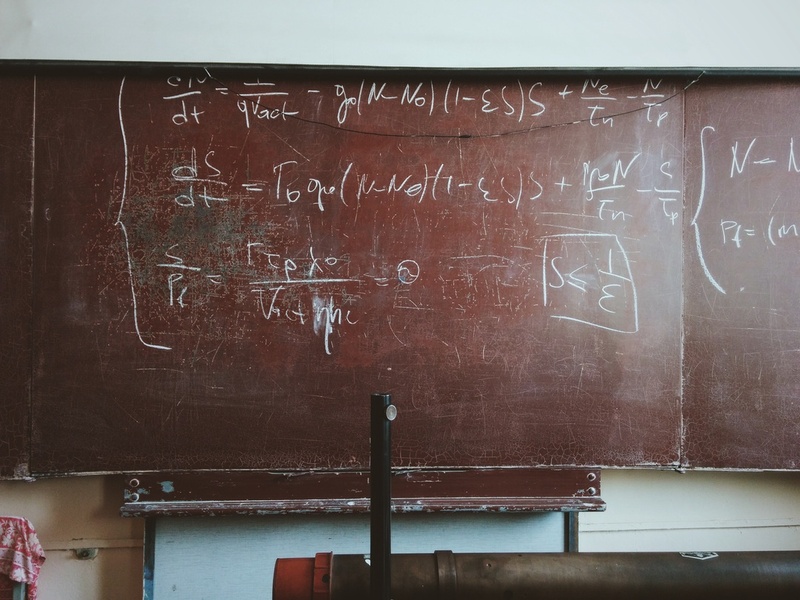The Learner’s Updates
America's High School Graduates Look Like Other Countries' High School Dropouts
NPR | Article Link | by Gabrielle Emanuel
A new study confirms what many Americans already knew deep in their hearts: We're not good at math.
Not only that, but when it comes to technology skills, we're dead last compared with other developed countries.
The PIAAC study — the Program for International Assessment of Adult Competencies — looks at the skills adults need to do everyday tasks, whether it's at work or in their social lives.
"Clearly, we have some work to do in this country," says Peggy Carr, the acting commissioner of the government's National Center for Education Statistics. The study compared countries in the Organization for Economic Co-operation and Development (OECD).
Japan and Finland led the group in literacy, math and technology skills, while the United States' performance was average or well below average in each category.
Literacy
Overall, Americans' everyday literacy skills were average. But if you zoom in and focus on just the young adults, a more complex picture emerges.
Americans who went to college and graduate school did well. They scored above their peers with similar degrees in other developed countries.
For young adults with a high school diploma or less, things did not look so good. These Americans performed significantly worse than those in other countries with the same education level.
"Postsecondary institutions should be happy," says Carr. "But on the other end of the continuum, we have young people coming out of high school — or not graduating from high school — that are struggling with everyday competencies."
Math
Carr says this pattern is even more obvious if you look at the math skills of young adults. This study found that Americans with a high school diploma performed about the same as high school dropouts in other countries.
"We need to think seriously about how to get them functioning better," says Carr.
She offers a sample math problem from the test: You go to the store and there's a sale. Buy one, get the second half off. So if you buy two, how much do you pay?
"High school-credentialed adults, they can't do this task — on average," says Carr.



